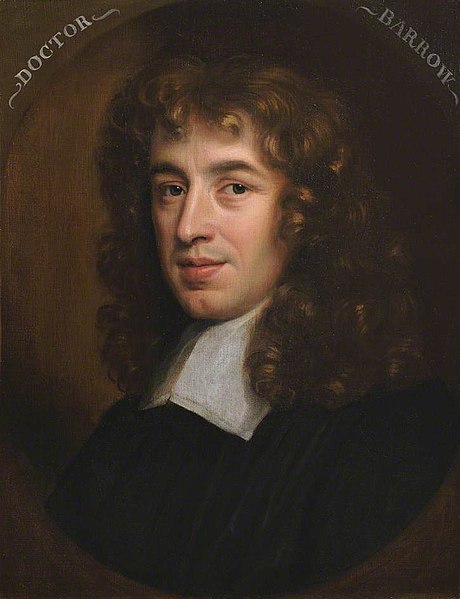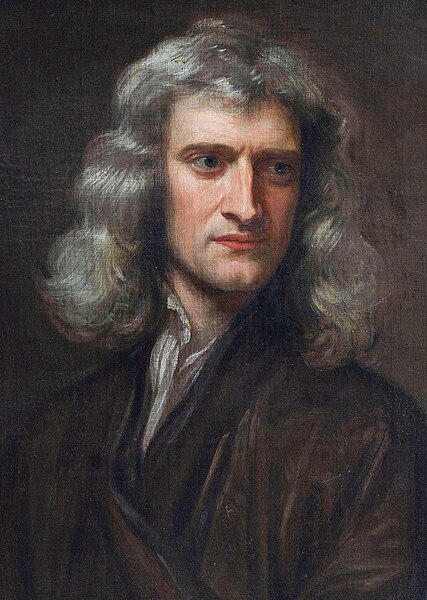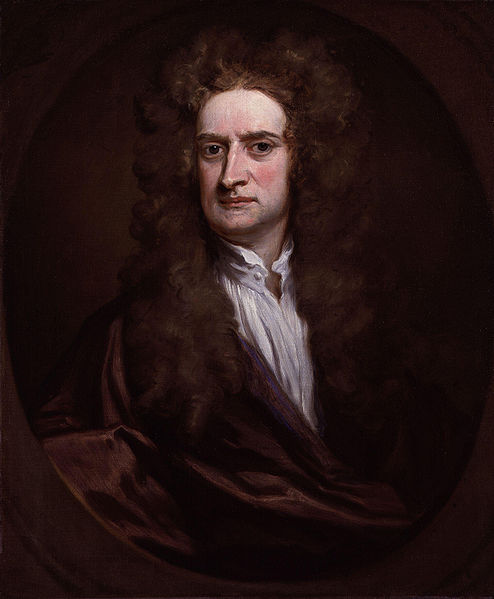Lucasian Professor of Mathematics
The Lucasian Chair of Mathematics is a mathematics professorship in the University of Cambridge, England; its holder is known as the Lucasian Professor. The post was founded in 1663 by Henry Lucas, who was Cambridge University's Member of Parliament in 1639–1640, and it was officially established by King Charles II on 18 January 1664. It was described by The Daily Telegraph as one of the most prestigious academic posts in the world. Since its establishment, the professorship has been held by, among others, Isaac Newton, Charles Babbage, George Stokes, Joseph Larmor, Paul Dirac, and Stephen Hawking.
Image: Isaac Barrow by Mary Beale
Image: Godfrey Kneller Isaac Newton 1689
Image: William Whiston by Sarah Hoadly
Image: Nicolas Saunderson
Sir Isaac Newton was an English polymath active as a mathematician, physicist, astronomer, alchemist, theologian, and author who was described in his time as a natural philosopher. He was a key figure in the Scientific Revolution and the Enlightenment that followed. His pioneering book Philosophiæ Naturalis Principia Mathematica, first published in 1687, consolidated many previous results and established classical mechanics. Newton also made seminal contributions to optics, and shares credit with German mathematician Gottfried Wilhelm Leibniz for developing infinitesimal calculus, though he developed calculus years before Leibniz.
Portrait of Newton at 46, 1689
Newton in 1702 by Godfrey Kneller
A replica of the reflecting telescope Newton presented to the Royal Society in 1672 (the first one he made in 1668 was loaned to an instrument maker but there is no further record of what happened to it).
Illustration of a dispersive prism separating white light into the colours of the spectrum, as discovered by Newton








